We are always more than happy to talk about what we do! Feel free to reach out to us at:
info@therefugeecentre.org
(514) 846-0005
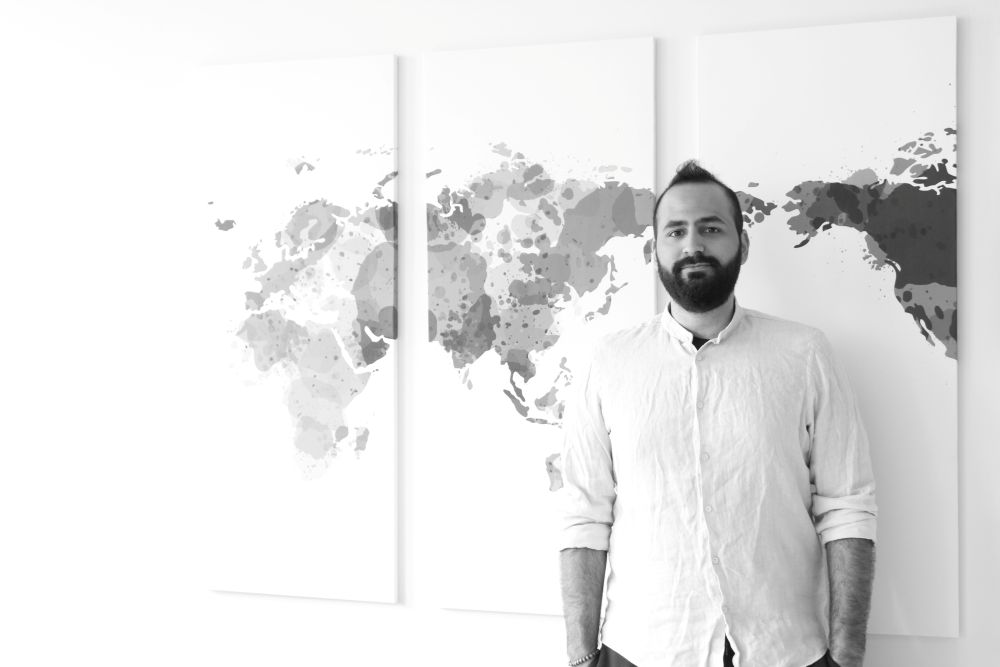
Charitable Choices: Kinan Swaid of The Refugee Centre - November 23, 2024
.svg)
There's a better way to manage refugees - November 23, 2024
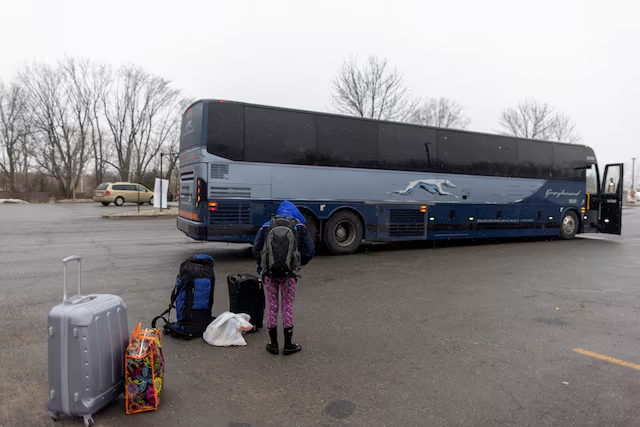

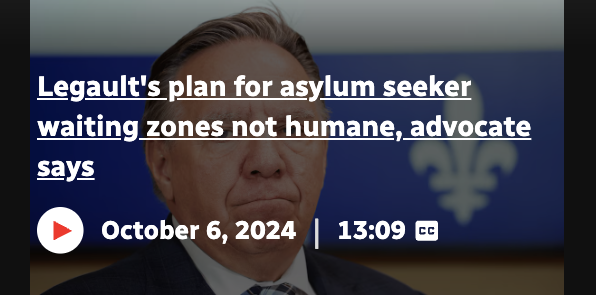

À Montréal, la rue guette de nombreux migrant - November 8, 2023
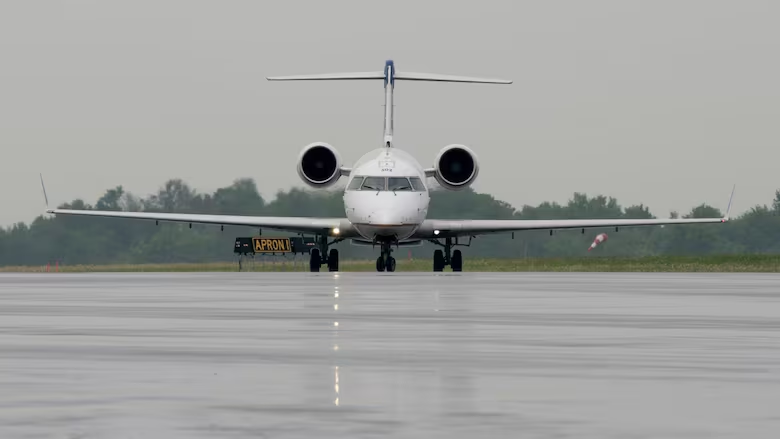
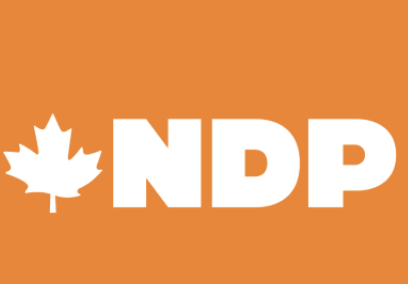
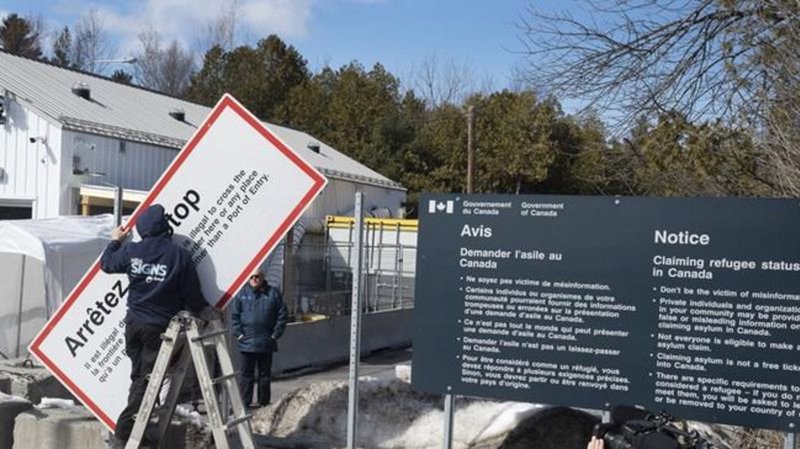
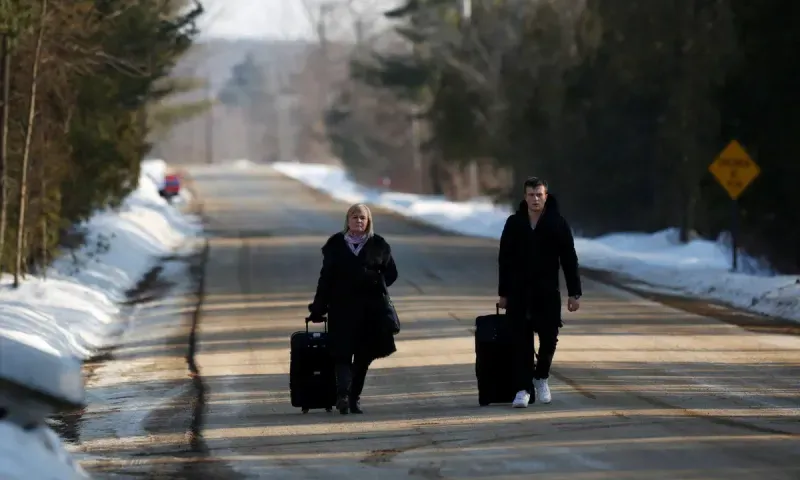


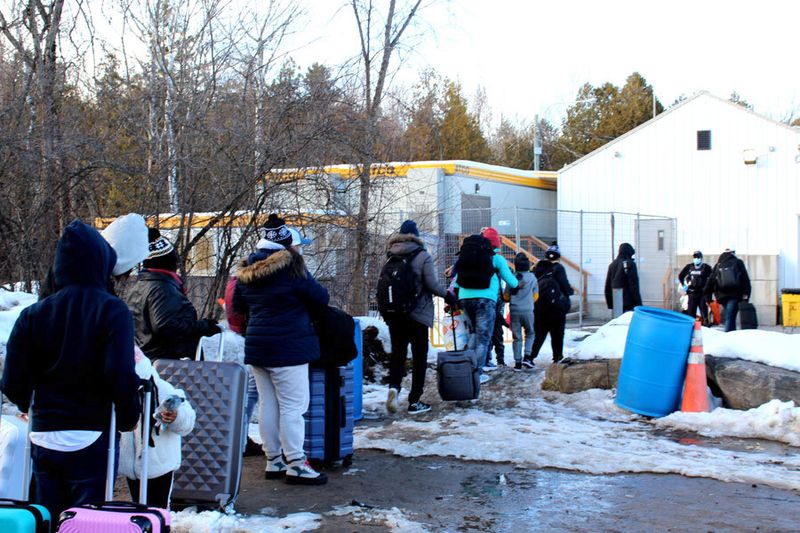
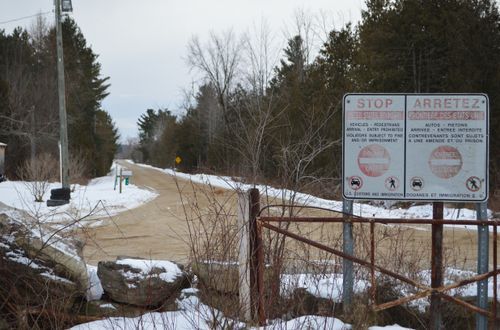



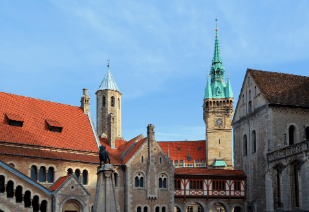


Meeting with Marc Miller (MP of Ville-Marie, Le Sud-Ouest, Île-des-Soeurs) - April 25, 2022
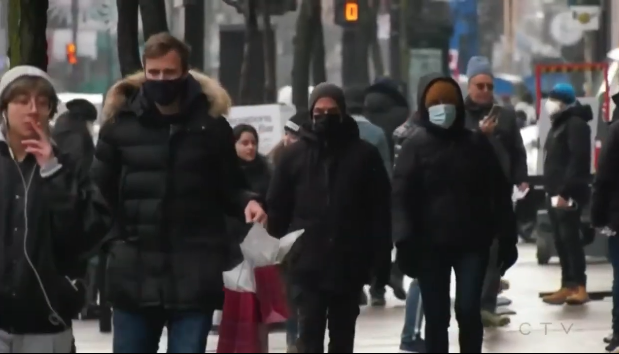
The Refugee Centre on CTV News Montreal - January 29, 2021

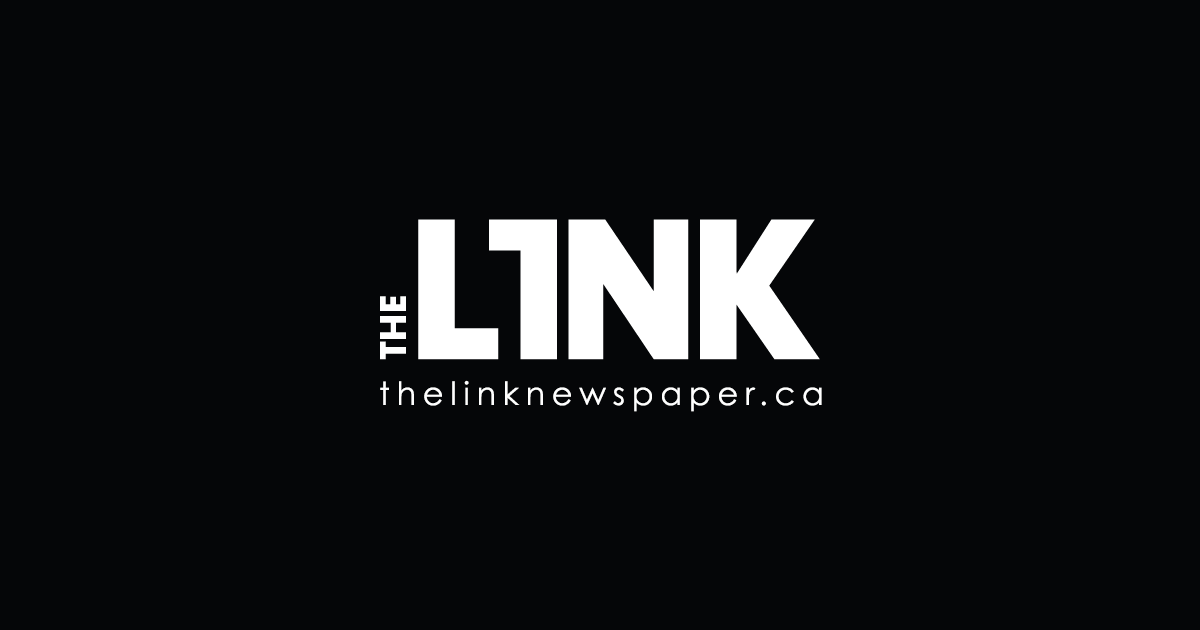
Fee-levies adapt to serve community despite campus closure - September 15, 2020
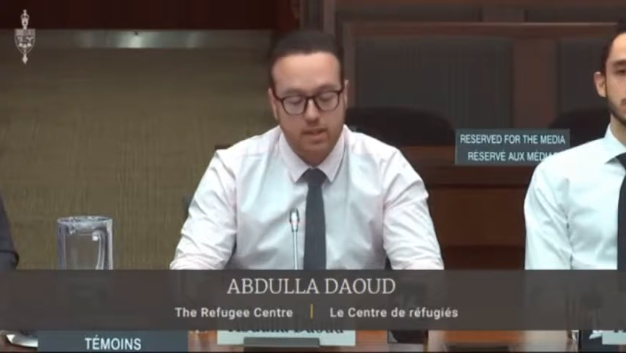
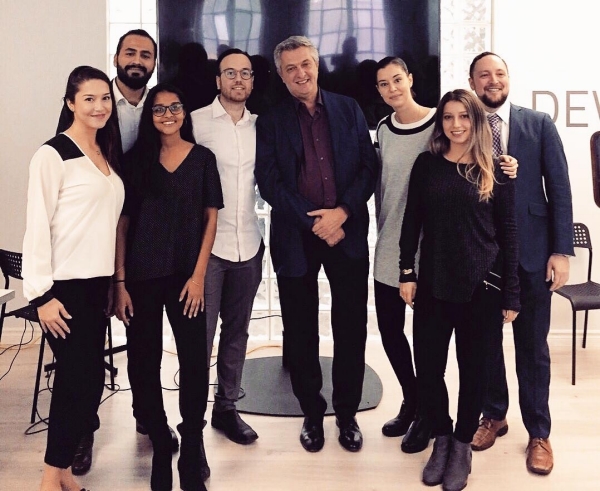
Hackathon to Solve Urgent Refugee Issues - April 25, 2022
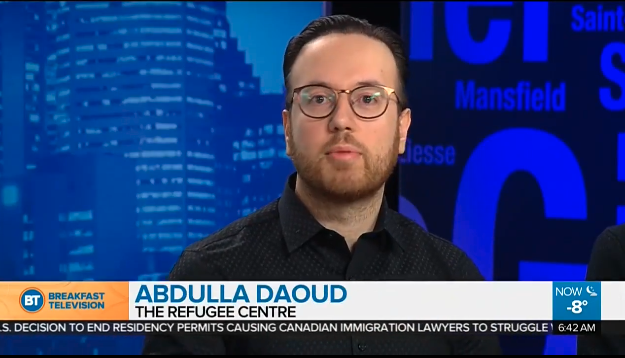
The Refugee Centre on Breakfast Television Montreal - November 23, 2017
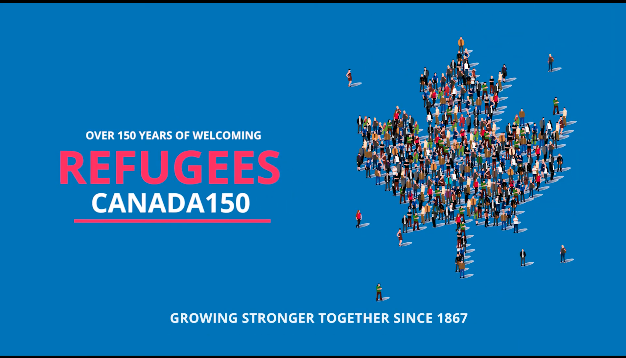
The Refugee Centre & UNHCR Canada’s Media Campaign - November 20, 2017
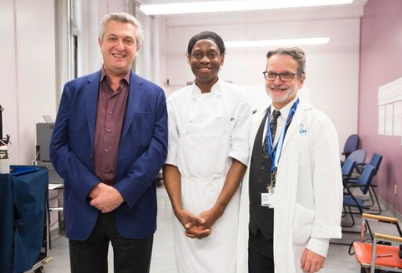

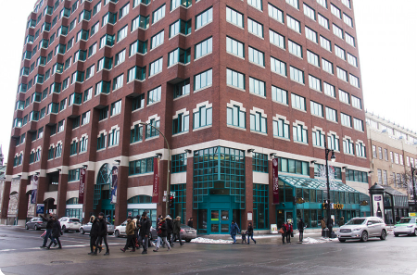
Concordia Refugee Centre Up and Running - January 31, 2017